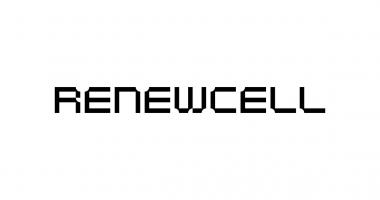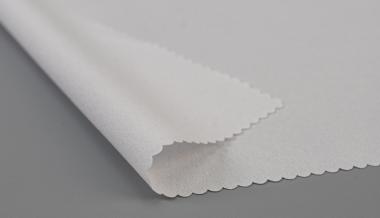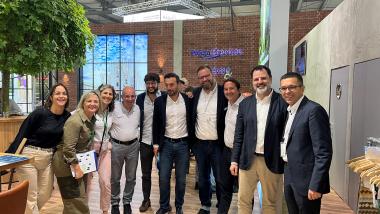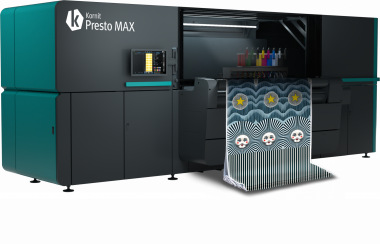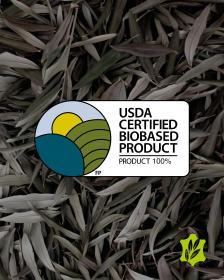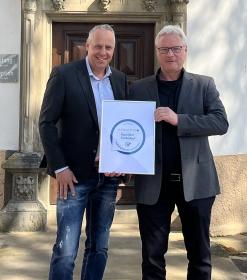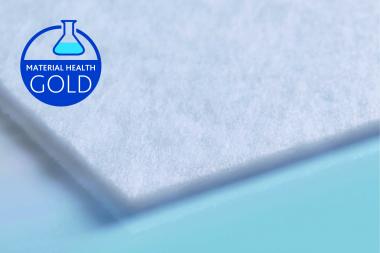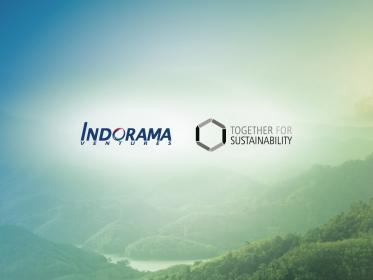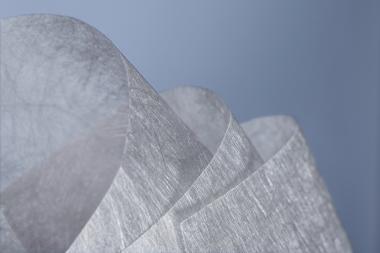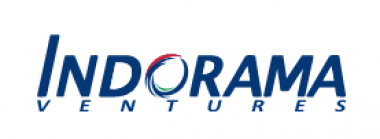DOMO Chemicals publishes sustainability report
DOMO Chemicals, a global leader in polyamide-based engineered material solutions and services, has published its latest annual Sustainability Report, detailing progress on its sustainability journey, including notable reductions in greenhouse gas emissions. DOMO’s mission is to engineer polyamide solutions that contribute to a better, more sustainable world. In publishing its second annual Sustainability Report, DOMO enters a new phase in its decarbonization quest, with confidence in its long-term aspiration to set the standard for sustainability in the industry by 2030.
Notably, the Sustainability Report details DOMO’s achievements in 2022 toward realizing its 2030 sustainability goals. In terms of decarbonization and broader environmental achievements, against a 2019 baseline, the company:
- Reduced scope 1 and 2 greenhouse gas emissions by 27%, making significant progress toward its target of 40% reduction by 2030 and carbon neutrality by 2050
- Increased renewable electricity throughout operations to 12%
- Reduced waste by 24%
- Lowered water intake by 4.5%
In addition, as a provider of polyamide-based sustainable and circular solutions, DOMO:
- Achieved more than 11% of engineered materials sales based on sustainable feedstock, making excellent progress toward its 2030 target of 20%
- Allocated 25% of research and development resources to enhanced recycling
Moreover, fostering talent and ensuring the well-being of its workforce as a responsible employer is essential for sustainable growth, and 2022 highlights include:
- Increased share of women in senior positions from 22% in 2021 to 30% in 2022
- Providing a safe and inclusive working environment that encourages personal and professional development as well as a global safety culture
DOMO Chemicals






